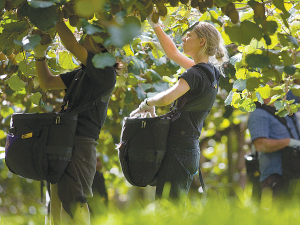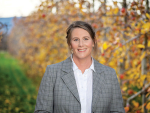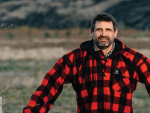Horticulture NZ is scathing about the last gasp announcement by Labour to lift the Recognised Seasonal Employer (RSE) by just 500 workers.
"Horticulture has nothing to celebrate in the announcement. It does not recognise the important part horticulture plays in strengthening New Zealand economy," says Horticulture NZ chief executive Nadine Tunley.
Her comments came in reaction to Immigration Minister Andrew Little's recent announcement to increase the RSE cap by only 500 people to 19,500.
"This decision does not give growers confidence to continue to invest as they go into the next harvest season," Tunley adds. "Horticulture has plenty of work available for Kiwis and our Pacific partners. This work creates jobs for New Zealanders and boosts the economy."
She added that other political parties had recognised the importance of the sector and committed to much larger increases in RSE access.
"Our growers need a government that understands our requirements, will help us grow sustainably and meet the needs of our domestic and export markets," Tunley says. "We are watching policy commitments closely and will work with any government that is committed to helping our growers and the wider sector."
She points to the work done by HortNZ earlier this year when it acted with government to set the Aotearoa Horticulture Action Plan.
"We set an aspirational direction for the horticulture sector and the goal of a long-term policy to assist existing horticulture businesses and new entrants too have the confidence to invest in and grow the sector, in doing so contributing significantly to the growth of the New Zealand economy," Tunley adds.
"The cap increase announcement fails that challenge. Industry requested the cap be increased by 1,600 to accommodate employers' requests for the coming season."
Meanwhile she says it is disappointing that the RSE policy review has not progressed, but instead stalled within the bureaucracy of Wellington.
"Industry has been working closely with our Pacific partners and government for years to progress the policy review to enable certainty. We, like the Government, are focused on prioritising workers' wellbeing and the long-term sustainability of the scheme. This further lack of progress is creating more uncertainty for growers."
Tunley says the horticulture industry is eager to work with government on the implementation of the policy to make swift and practical progress in improving the RSE scheme.
"Starting with the most pressing issues that will have the most benefit to our growers as well as Pacific countries that are part of the RSE scheme."











